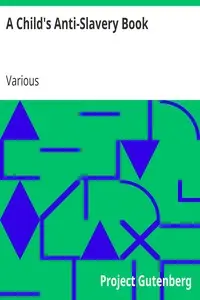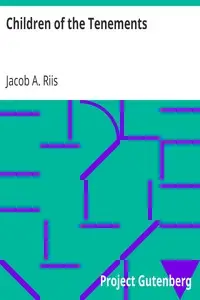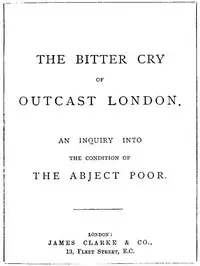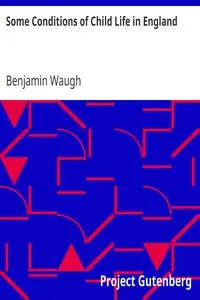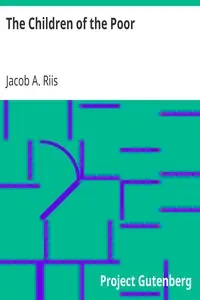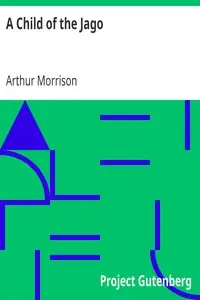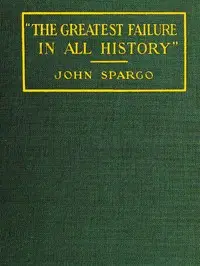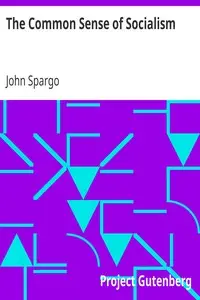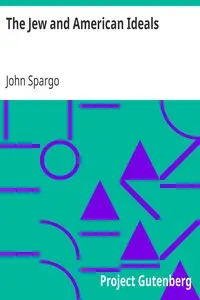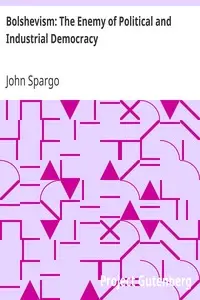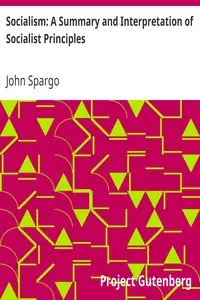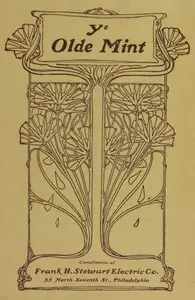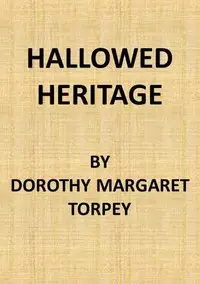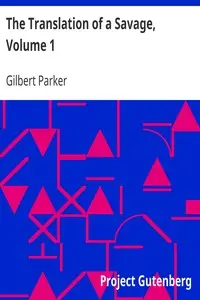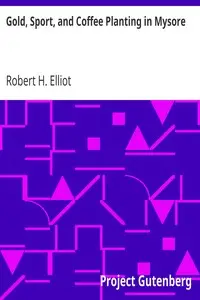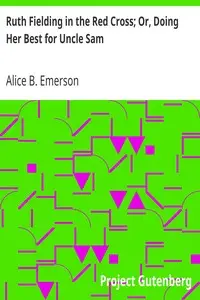"The Bitter Cry of the Children" by John Spargo is a revealing look at how poverty crushes the lives of young people during the beginning of the 1900s. This book shines a light on how being poor affects a child's health and growth. It talks about big problems like not having enough food, not being able to go to school, and being forced to work at a young age. The book starts with a serious tone, showing the awful results of poverty for babies and very young children noting that helpless, neglected children are set up to fail. Spargo describes the tough lives of working-class kids pointing out their constant hunger and the need for changes to help them, the goal of which is to make readers care and push society to take action and lessen these children's suffering.
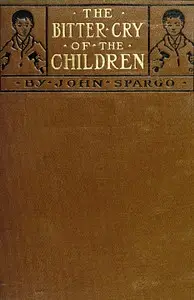
The Bitter Cry of the Children
By John Spargo
Witness the heartbreaking reality of children robbed of their innocence and health, trapped in a cycle of poverty and neglect.
Summary
About the AuthorJohn Spargo was a British political writer who, later in life, became an expert in the history and crafts of Vermont. At first Spargo was active in the Socialist Party of America. A Methodist preacher, he tried to meld the Protestant Social Gospel with Marxist socialism in Marxian Socialism and Religion: A Study of the Relation of the Marxian Theories to the Fundamental Principles of Religion (1915). He also founded a settlement house in Yonkers, N.Y. Spargo moved steadily to the right after 1917 when he supported American intervention in World War I. With AFL leader Samuel Gompers he organized the American Alliance for Labor and Democracy in 1917. Spargo helped draft the Colby Note that formalised the Wilson administration's anti-communist policies. He strongly denounced the Bolshevik Revolution in Bolshevism: The Enemy of Political and Industrial Democracy (1919). He opposed the foreign policy of the New Deal, especially its recognition of the USSR in 1933. He supported the House Un-American Activities Committee in the late 1930s and Senator Joseph McCarthy in the early 1950s. He endorsed Barry Goldwater In the 1964 Elections.
John Spargo was a British political writer who, later in life, became an expert in the history and crafts of Vermont. At first Spargo was active in the Socialist Party of America. A Methodist preacher, he tried to meld the Protestant Social Gospel with Marxist socialism in Marxian Socialism and Religion: A Study of the Relation of the Marxian Theories to the Fundamental Principles of Religion (1915). He also founded a settlement house in Yonkers, N.Y. Spargo moved steadily to the right after 1917 when he supported American intervention in World War I. With AFL leader Samuel Gompers he organized the American Alliance for Labor and Democracy in 1917. Spargo helped draft the Colby Note that formalised the Wilson administration's anti-communist policies. He strongly denounced the Bolshevik Revolution in Bolshevism: The Enemy of Political and Industrial Democracy (1919). He opposed the foreign policy of the New Deal, especially its recognition of the USSR in 1933. He supported the House Un-American Activities Committee in the late 1930s and Senator Joseph McCarthy in the early 1950s. He endorsed Barry Goldwater In the 1964 Elections.

